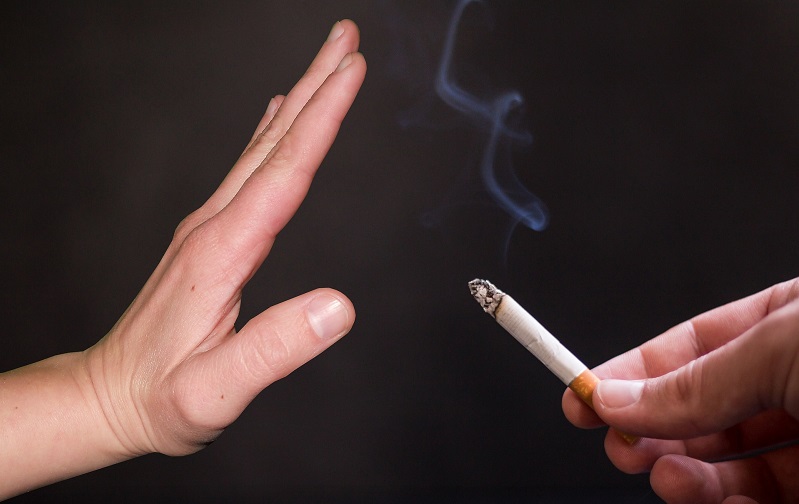Ever wondered how much truth there is to the saying “old habits die hard”? As it turns out, there is a lot of truth.
Brain research has shown that habits, such as combing hair, getting dressed or making toast, re-wire the neural activity patterns, in certain parts of our brains. These related patterns are simultaneously changed when those habits are broken but will quickly re-emerge when the habit is resumed.
If not for habits, we will have to re-think how to do each and every one of our daily activities each time we want to do them. Imagine what a chore that would be?
So even if you have not used your bicycle in a while, it will all come back to you very quickly. Your brain is able to reconnect the dots on how to do so. Likewise, you may have dropped your weight by changing previously bad eating habits, but those bad habits can just as easily, crop up again. But that does not mean bad habits cannot be removed.
Why participate in the Great American Smokeout?
If you were in an obstacles course race, the quicker you can grasp what and where the obstacles are going to be and how you can overcome them, the better your chances at winning. Trying to quit cigarette smoking is no different, if you know what the obstacles are, you will be in a better position to beat them.
Prior to the 1964 release of the first U.S. Surgeon General’s Report on Smoking and Health that officially recognized the risks of cigarette smoking, there was a general lack of research which resulted in society’s ignorance into its dangers and the absence of policies to curb its practices and impact.
Then a dozen years later, what started out in Raleigh, MA, as a call to give up smoking for a day. The money raised on this day would be donated to a high school scholarship fund. This soon seeded the American Cancer Society’s first Great American Smokeout in 1977. Since then, great strides have been made to decrease the number of smokers by limiting tobacco advertising in mass media and increasing the number of communities with smoke-free ordinances. Presently, that number is close to 3,000.
Now into its 36th year, the Great American Smokeout has worked to encourage, support, educate and raise awareness to the ill effects of the habit. Lately, they have a campaign which provides a sense of community and moral support via an interactive platform for those who wish to quit. As social beings, we tend to get quicker and more lasting results when we work together.
What are we up against?
Imagine this as a tug-of-war, one that has the lucrative tobacco industry, whose revenues checked in at close to 93 billion dollars in 2009, as the opponent. Also, one that is pulling at your purse strings as well as that of your health and well-being as a natural consequence.
A study revealed that back in 2006, the industry’s spending on marketing topped $12.5 billion, and that trumped the marketing for junk food, soda and alcohol combined. Furthermore, 90% percent of that or $11 billion went into their remaining venue, retail environment, wherein they target adolescents as “replacement smokers”.
A previous smoker of 35 years, and who started at age 12, stopped when she was diagnosed with larynx cancer and which resulted in the removal of her voice box. She now breathes through a hole in her neck or a stoma. This is what she says about her completely changed lifestyle:
“No one wants to live like this out of choice. But, it was a choice I made without realizing the consequences. If I can help just one person stop smoking, then I will continue to speak out.”
The last statement resonates our very sentiments at DetailXPerts. We are huge anti-smoking advocates and will honor the Great American Smokeout day this November 17 by giving away anti-smoking aids (chewing gums) to our clients. We want to help them take the first step towards a healthier life on the Great American Smokeout day!






